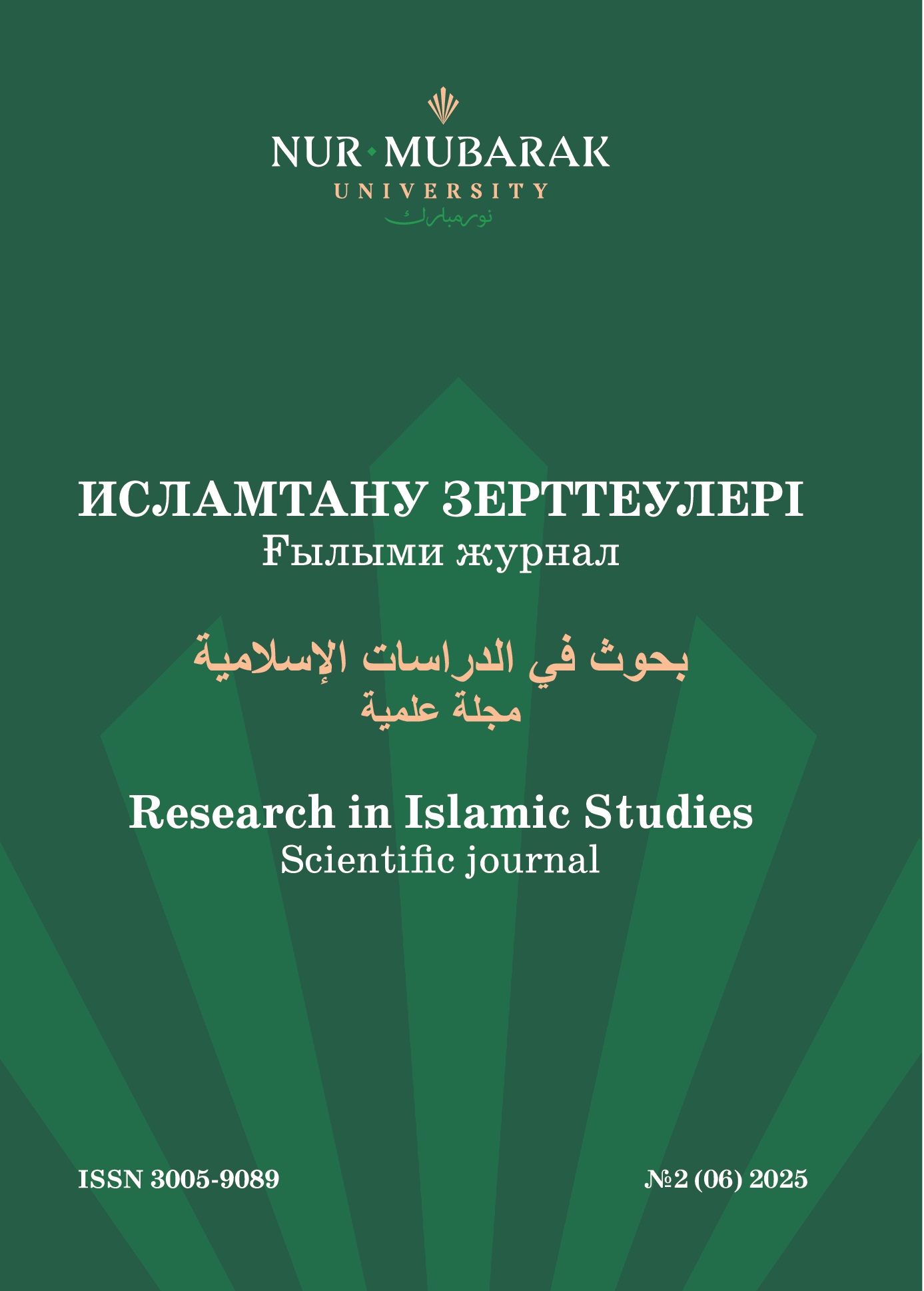Abstract
This article explores the experience of the “AQNIET” Information and Advocacy Rehabilitation Center Public Foundation in countering religious extremism and promoting deradicalization in the Republic of Kazakhstan. It outlines the foundation’s key projects, developed strategies, and deradicalization algorithms, along with methodological approaches combining theological and psychological work. A theological and religious studies analysis of destructive movements (Hizb ut-Tahrir, Tablighi Jamaat, at-Takfir wal-Hijra, etc.) is conducted, explaining the reasons for their popularity in the region and the principles used by experts to counter them. Additionally, the article provides a comparative analysis of foreign deradicalization practices (Saudi Arabia, the United Kingdom, Germany), highlighting the uniqueness of the Kazakhstani approach through the example of AQNIET’s activities. The article is written in an academic analytical style and is based on materials from the foundation and verified sources.



